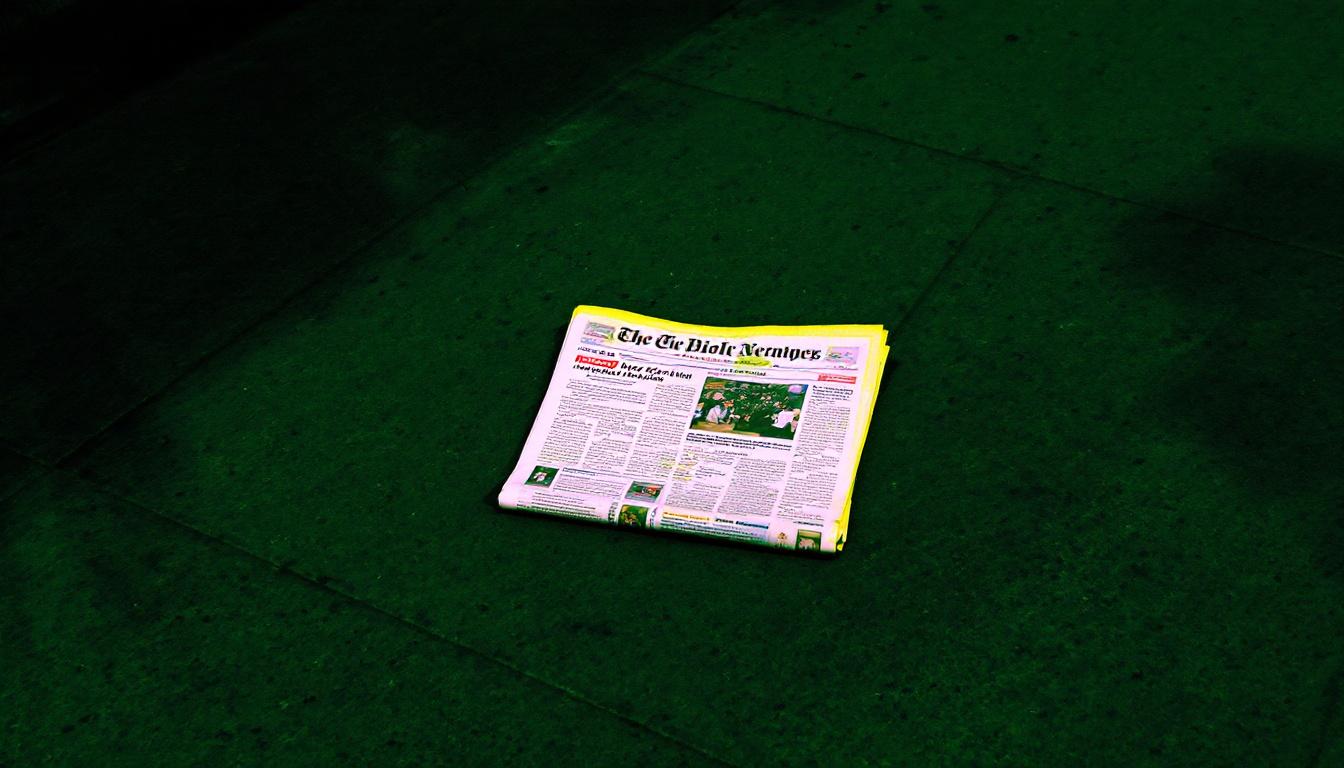The growing conflict between AI developers and online news publishers over the use of copyrighted content is reaching a critical point, with far-reaching implications for journalism, the internet and democratic society. At issue is how generative AI systems rely on journalistic content to function, even as they increasingly divert traffic and revenue from original news sources.
Large language models depend heavily on human-generated journalism to deliver accurate and context-rich outputs. News content not only grounds these systems in reality but also helps mitigate bias and misinformation. Yet publishers argue that AI features such as zero-click search responses and retrieval augmented generation are eroding web traffic and advertising income by serving users answers without directing them to the original source.
This concern is exemplified by Google’s AI Overviews, which summarise information directly in search results. Publishers report a decline in referral traffic since its introduction, with news brands particularly affected. As AI tools adopt advertising-driven business models, publishers fear further revenue loss without fair attribution or compensation.
Meanwhile, AI-driven bots and crawlers are adding operational burdens by harvesting content without providing equivalent returns. These bots often ignore protocols like robots.txt, and attempts to block them risk harming search visibility altogether.
Legal responses are starting to emerge. In the US, a judge recently ruled that Anthropic’s AI training on copyrighted books may constitute fair use, though the company still faces trial over alleged use of pirated material. In Europe, the French competition authority fined Google €250 million for training its chatbot on publisher content without proper consent.
Some AI firms are pursuing licensing deals. Meta is in talks with publishers including News Corp and Axel Springer, while OpenAI and Amazon have also secured agreements. In Japan, many news organisations have banned AI companies from using their content, but unauthorised scraping continues, raising legal and ethical concerns.
The issue is complicated by journalism’s own reliance on fair use for commentary, criticism and historical analysis. As regulatory bodies such as the US Copyright Office revisit their guidance, publishers and policymakers are seeking a middle ground—protecting content creators while allowing for responsible AI innovation.
Proposals include transparent licensing models, improved bot management and safeguards against monopolistic practices. Both sides recognise the need for a functioning digital economy that supports high-quality journalism and open access to information.
The relationship between AI firms and publishers remains tense yet interdependent. Without collaborative solutions, the economic foundation of professional journalism could weaken. But with thoughtful policy and mutual engagement, there remains a path to ensure that AI advances in tandem with a free and sustainable press.
Created by Amplify: AI-augmented, human-curated content.


